Allahumma Maghfir Lee Warhamnee Meaning and Arabic Text
Advertisements
This dua (Allahumma Maghfir Lee Warhamnee) that the Prophet Muhammad (peace be upon him) used to say between the two sujood, or prostrations, is indeed powerful and deeply meaningful.
Allahummaghfirli Warhamni Wahdini Warzuqni In Arabic Text
In arabic text the Allahummaghfirli warhamni is written as,
اَللَّهُمَّ اِغْفِرْ لِي, وَارْحَمْنِي, وَاهْدِنِي, وَعَافِنِي, وَارْزُقْنِي
Transliteration
The dua is transliterated as Allahummaghfir li, warhamni, wa-hdini, wa ‘afini, warzuqni.
Allahumma Maghfir Lee Warhamnee Wa ‘Afini Meaning In English
Allahumma maghfir lee warhamnee dua means O Allah! Forgive me, have mercy on me, guide me, guard me against harm and provide me with sustenance and salvation.
Advertisements
Allahumma Maghfir Lee Hadith
Narrated Ibn ‘Abbas (RA): The Prophet (SAW) used to say between the two prostrations: “Allahumma ighfir li, warhamni, wahdini, wa ‘afini, warzuqni (O Allah, forgive me, have mercy on me, guide me, grant me health and well-being, and provide sustenance for me).
”[Reported by al-Arba’a except An-Nasa’i, and this is the wording of Abu Dawud. Al-Hakim graded it Sahih (authentic)].
Tang bin Ashyam reported: Whenever a man entered the fold of Islam, the Prophet SAW would show him how to perform Salat and then direct him to supplicate:
“Allahumm-aghfir li, warhamni, wa-hdini, wa ‘afini, warzuqni (O Allah! Forgive me, have mercy on me, guide me, guard me against harm and provide me with sustenance and salvation).Muslim
Another version:
أللّهُمَّ اغْفِرْ لي وَارْحَمْني وَأَلْحِقْني بِالرَّفيقِ الأّعْلى
Transliteration: Allaahum-maghfir lee warhamnee wa ‘alhiqnee bir-rafeeqil-‘a’laa.
Meaning in English: O Allah, forgive me and have mercy upon me and join me with the highest companions (in Paradise).
Al-Bukhari 7/10, Muslim 4/1893 Source: “Fortress of the Muslim” Dr. Sa’eed bin Ali Al-Qahtani, Dar-us-Salam Publication
Advertisements
The Meaning and Significance
This dua combines several profound requests, covering different needs of a believer in a single moment of humility. When we pause between the two sujood, it’s a chance to speak to Allah with sincerity and to ask for His help in both worldly and spiritual matters. Each line of this dua encompasses a different dimension of our relationship with Allah.
Breaking Down Each Part
Let’s look at each phrase:
- “O Allah! Forgive me” (اللهم اغفر لي): This is a direct plea for Allah’s forgiveness. We acknowledge our mistakes and sins, and by asking for forgiveness, we hope Allah will wipe them away and keep us safe from their consequences.
- “Have mercy on me” (وارحمني): Asking for mercy goes beyond forgiveness. It includes Allah’s compassion in every area of our life, whether we realize it or not, and seeks His gentle care in our hearts, actions, and outcomes.
- “Guide me” (واهدني): Guidance is essential to stay on the path of righteousness. Here, we’re asking Allah to keep us on the straight path, to help us make the right decisions, and to align our choices with His will.
- “Guard me against harm” (وعافني): Protection here is sought for both the body and soul. We are asking Allah to protect us from physical harm, illnesses, and any spiritual harm, such as doubt, temptation, or negative influences.
- “Provide me with sustenance” (وارزقني): Sustenance, or rizq, is not limited to wealth or food. We ask Allah for all forms of provision, including knowledge, companionship, and blessings that enrich our lives and draw us closer to Him.
- “Grant me salvation” (واجبرني): Jabr, translated here as salvation, can mean mending or restoring. It is a request for Allah to heal and complete anything that is broken or missing in us, whether emotionally, mentally, or spiritually.
- “And elevate me” (وارفعني): Finally, we ask Allah to raise our status. This could mean spiritual elevation, respect in the eyes of others, or ultimately, a place close to Allah in the Hereafter.
Why Recite It Between the Two Sujood?
Between the two sujood, we are in a position of humility, closer to the ground and to Allah. This moment of pause before the next prostration is perfect for making a request that centers us spiritually.
By reciting this dua, we remind ourselves of our dependence on Allah for every need, be it guidance, provision, health, or forgiveness.
How It Can Enrich Your Prayer
Integrating this dua into your prayer can bring a sense of mindfulness and intentionality to each movement.
As you rise between sujood, pausing to say this dua can deepen your connection to Allah and remind you of your reliance on Him. The words bring a certain tranquility and focus, helping you feel more connected and present in the moment of prayer.
A Sunnah Worth Following
The Prophet Muhammad (peace be upon him) is our best example. By making this dua a habit in our prayer, we align ourselves with his practice, which itself is a means of barakah (blessing). Many scholars recommend this dua because it beautifully summarizes what a believer seeks from Allah.
Final Reflection
This dua is a simple yet powerful way to draw closer to Allah and keep our hearts humble. It reminds us that everything we have is from Allah, and everything we need comes from Him alone.
By saying it between the two sujood, we acknowledge our shortcomings and our dependence on Allah’s mercy, guidance, protection, sustenance, and forgiveness.
Incorporating this dua into your prayers can make a profound impact on your spiritual connection with Allah, filling your heart with peace and your soul with trust in His endless wisdom and mercy.
Advertisements

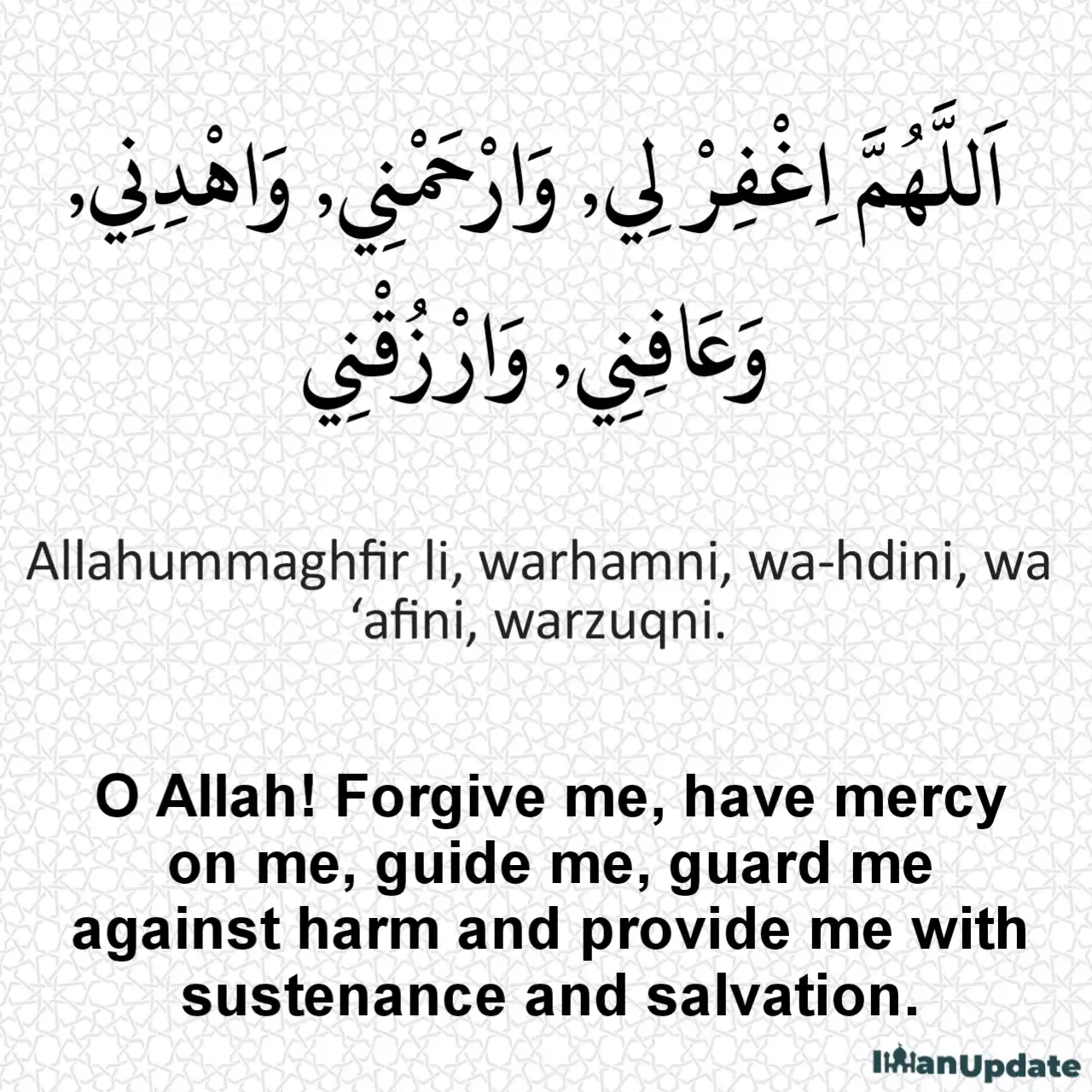
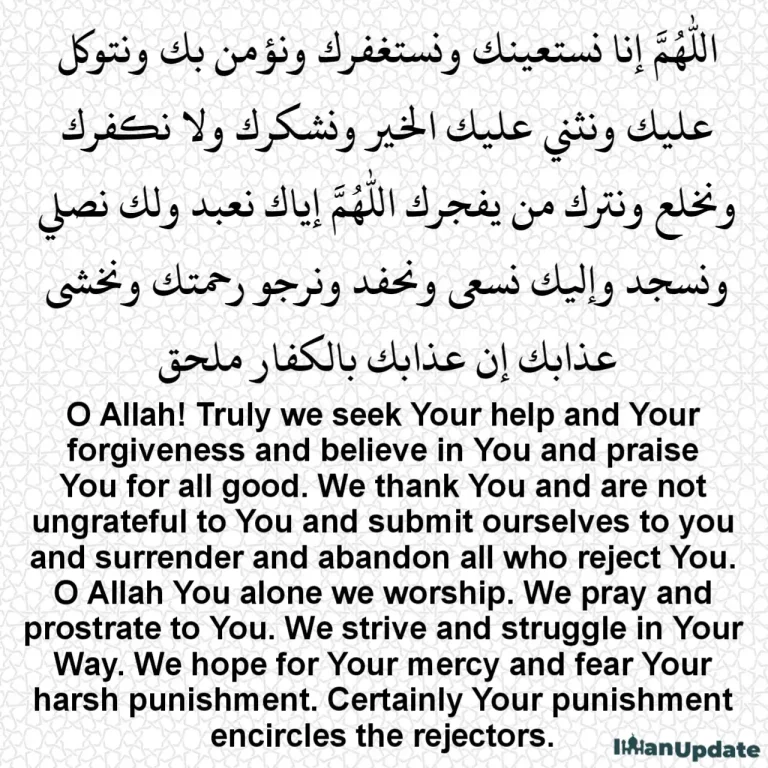
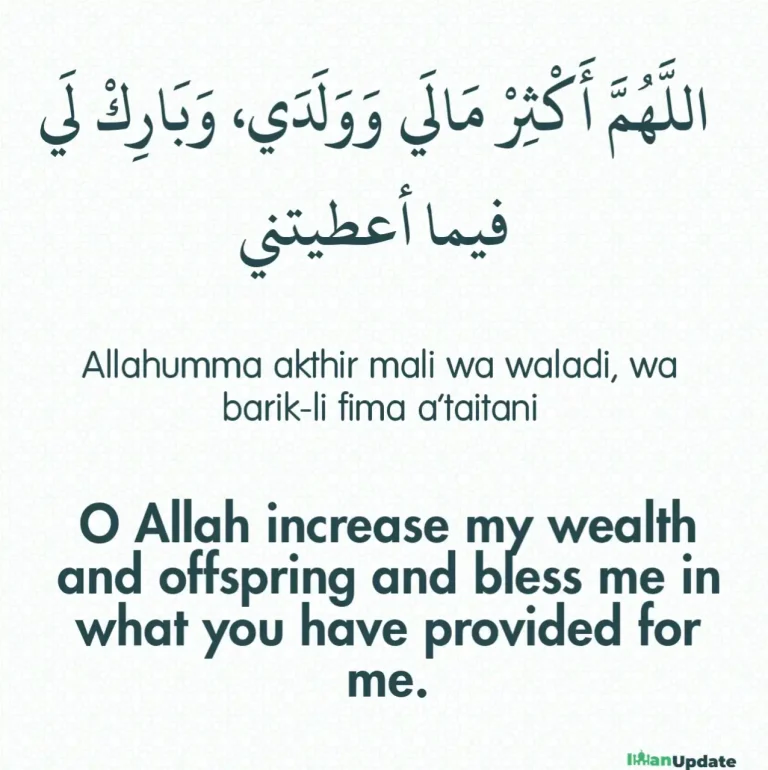
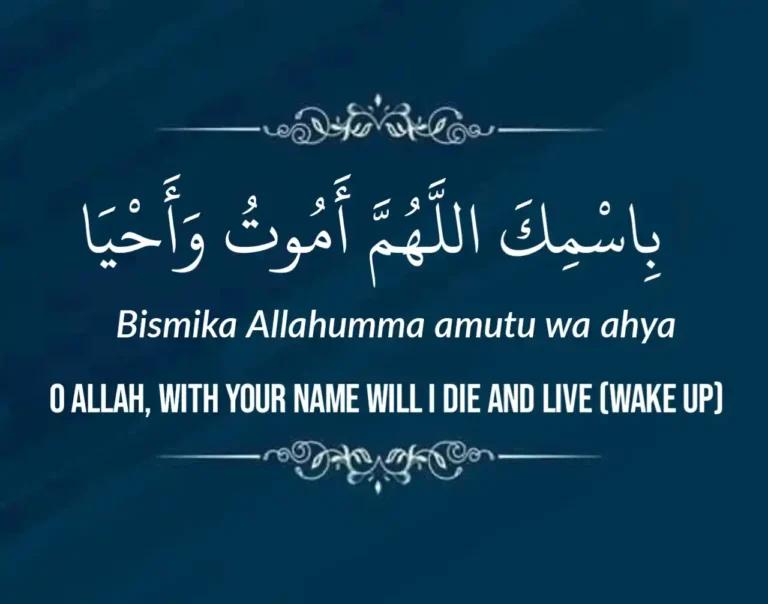
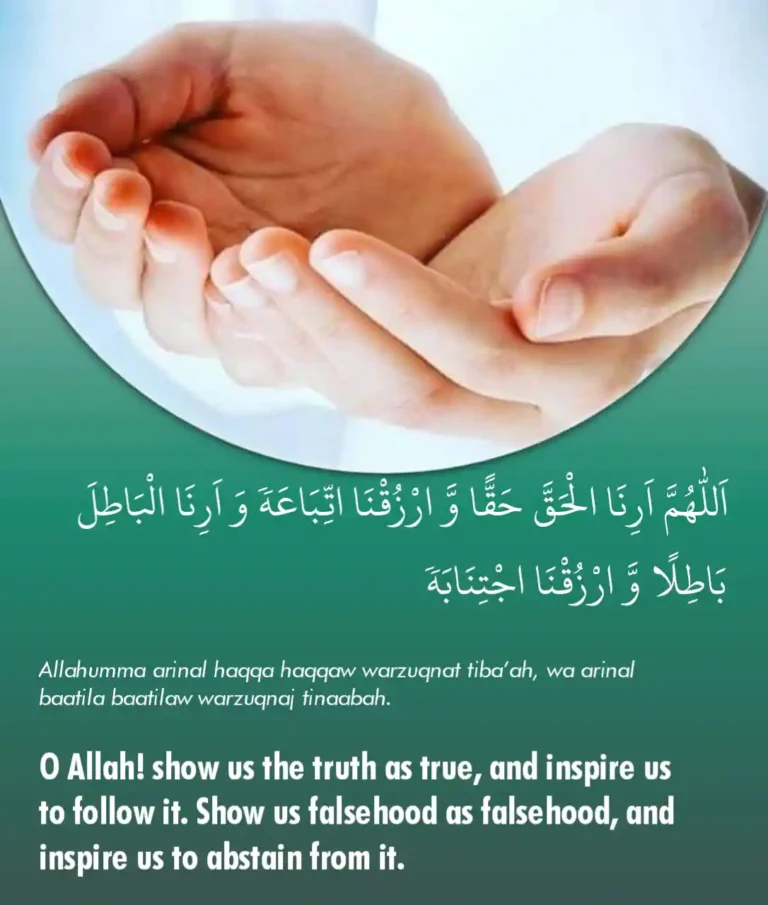
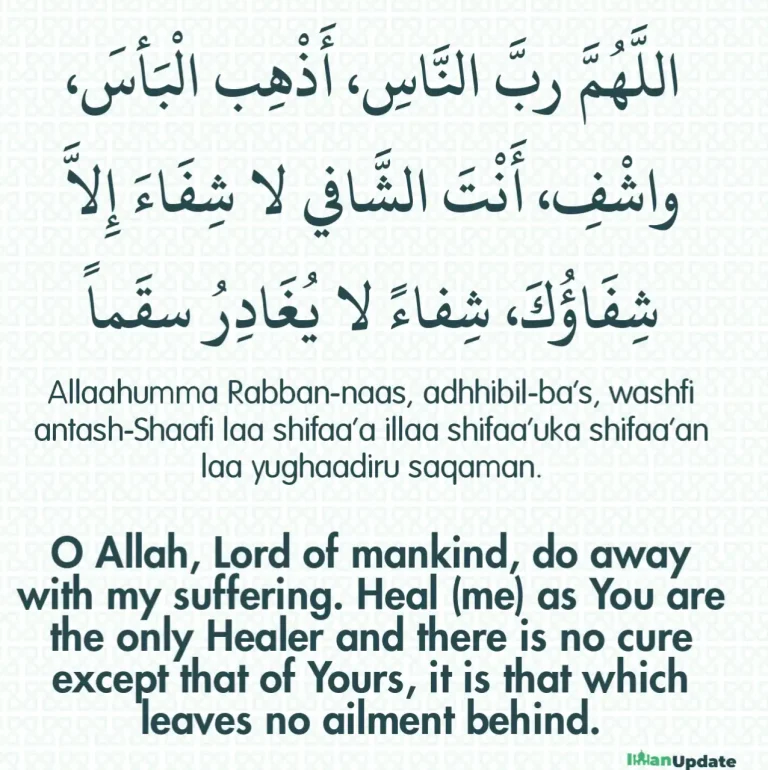
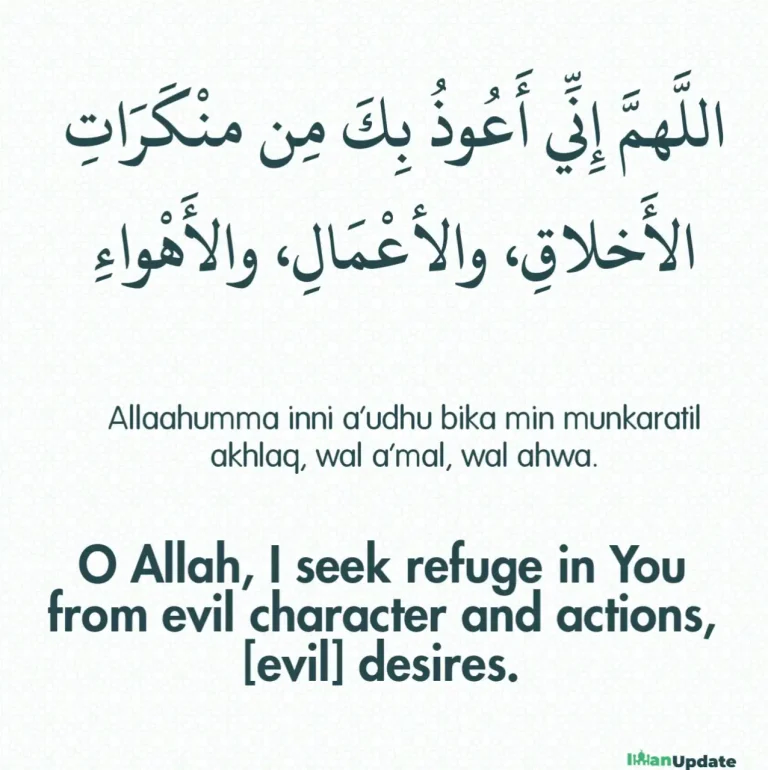
One Comment
Comments are closed.